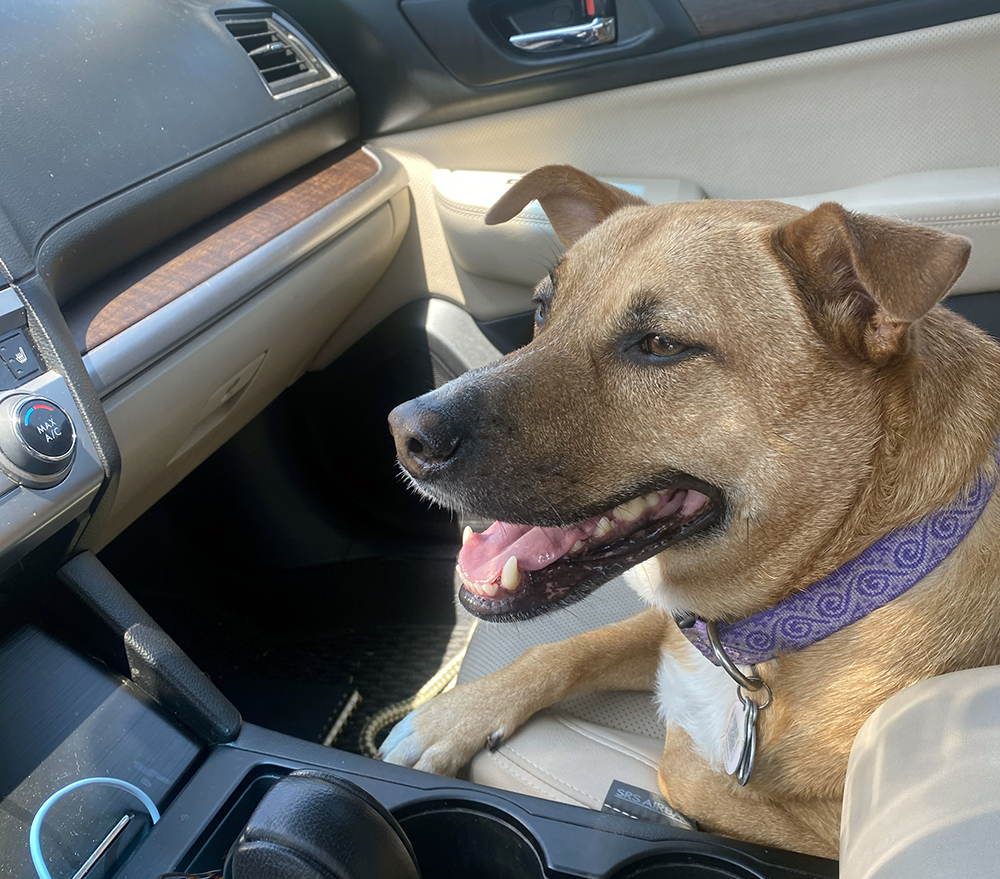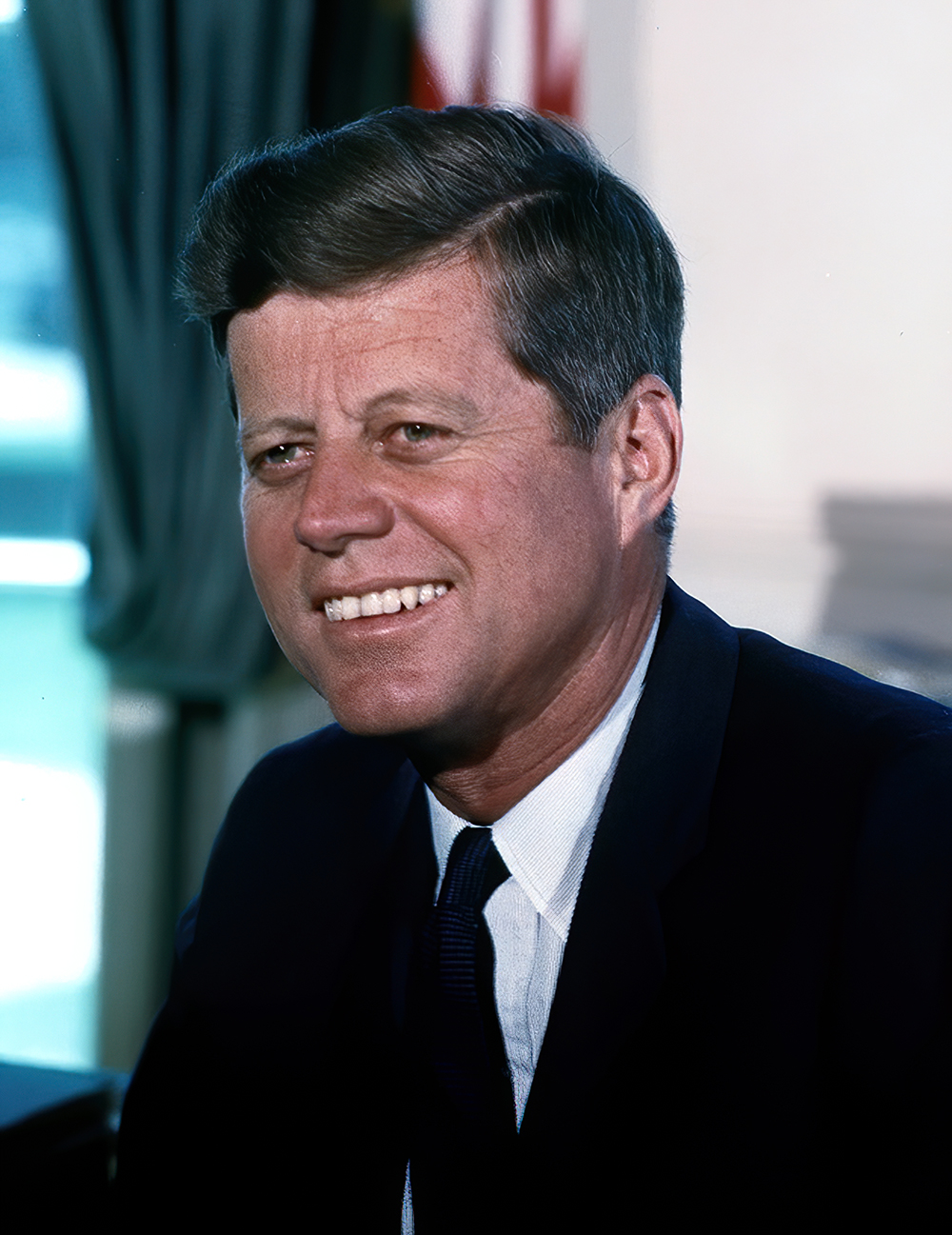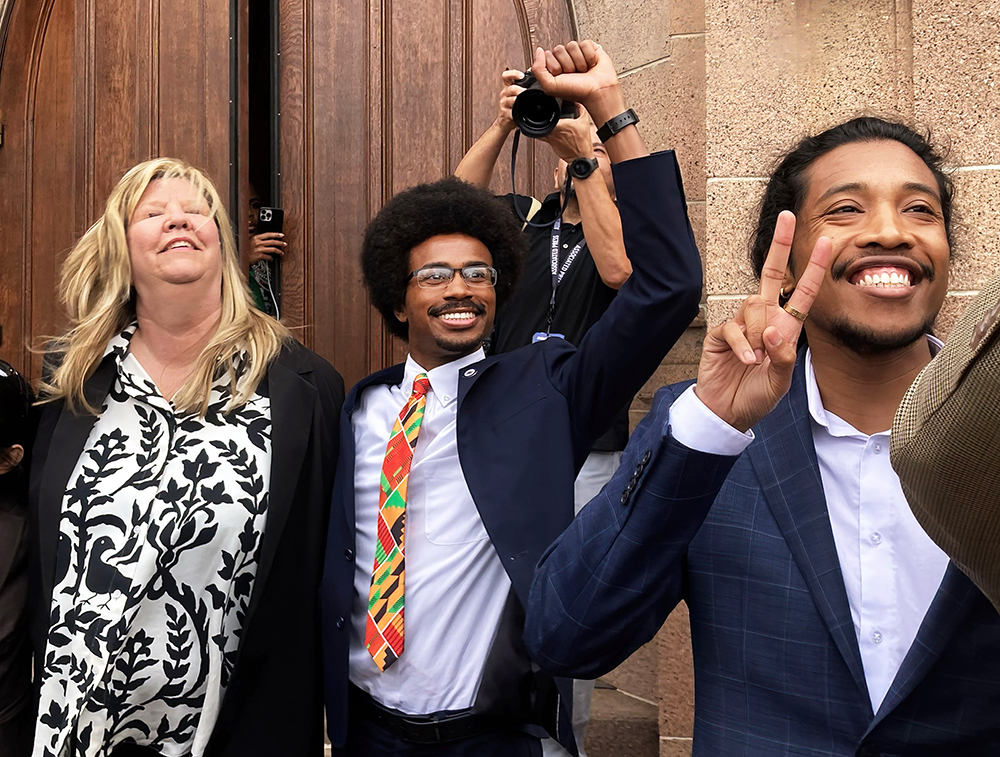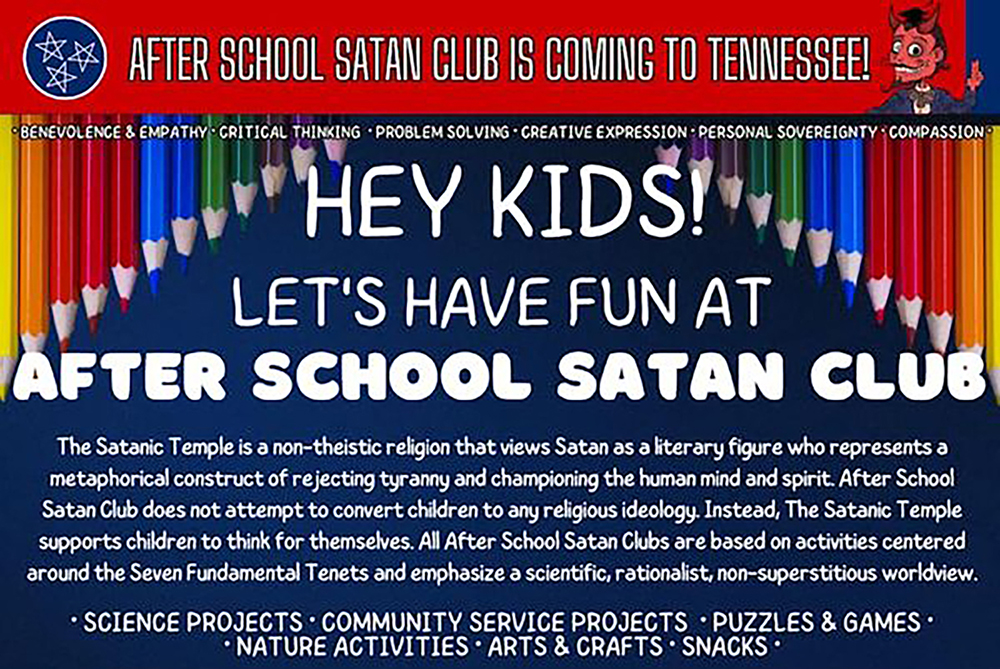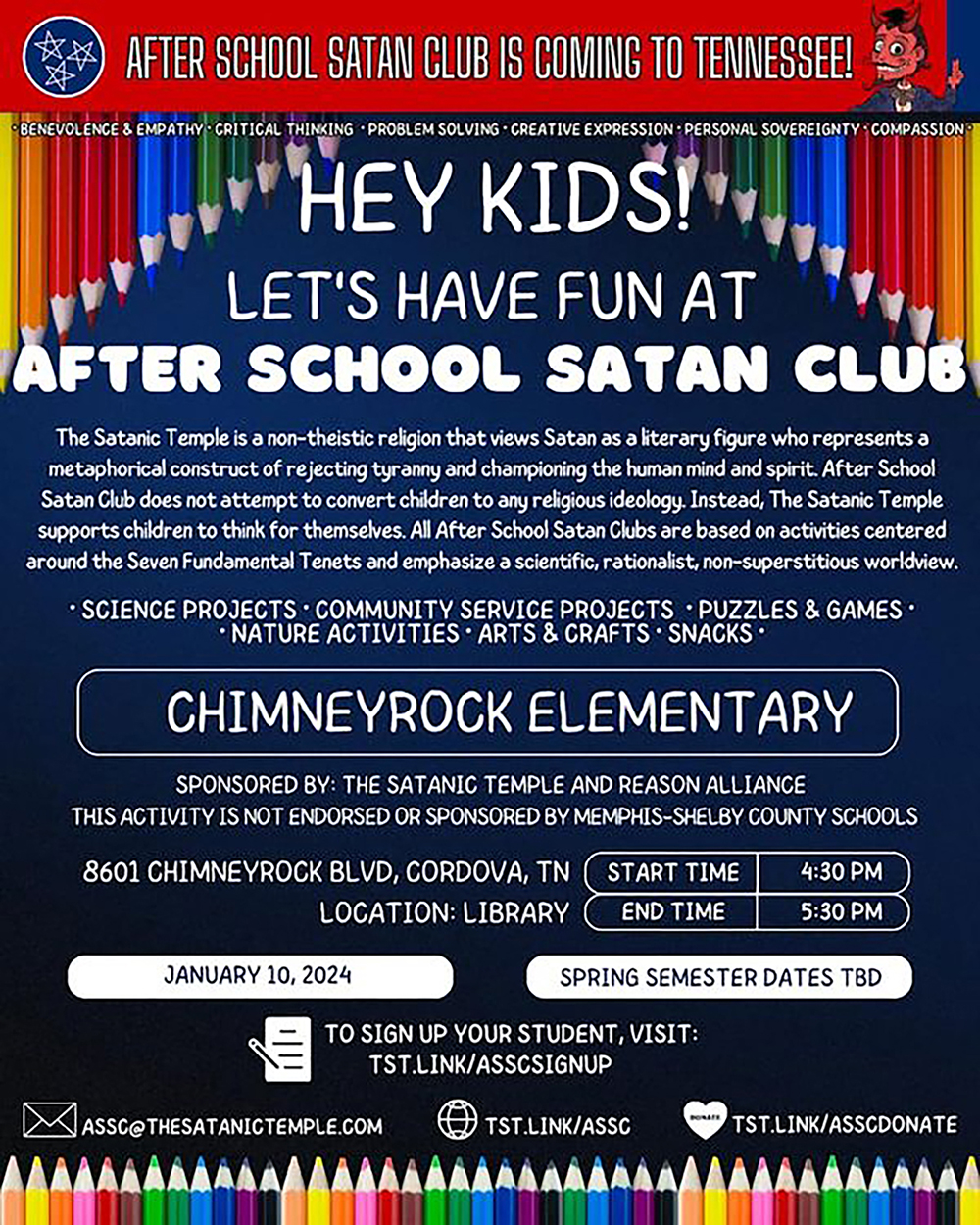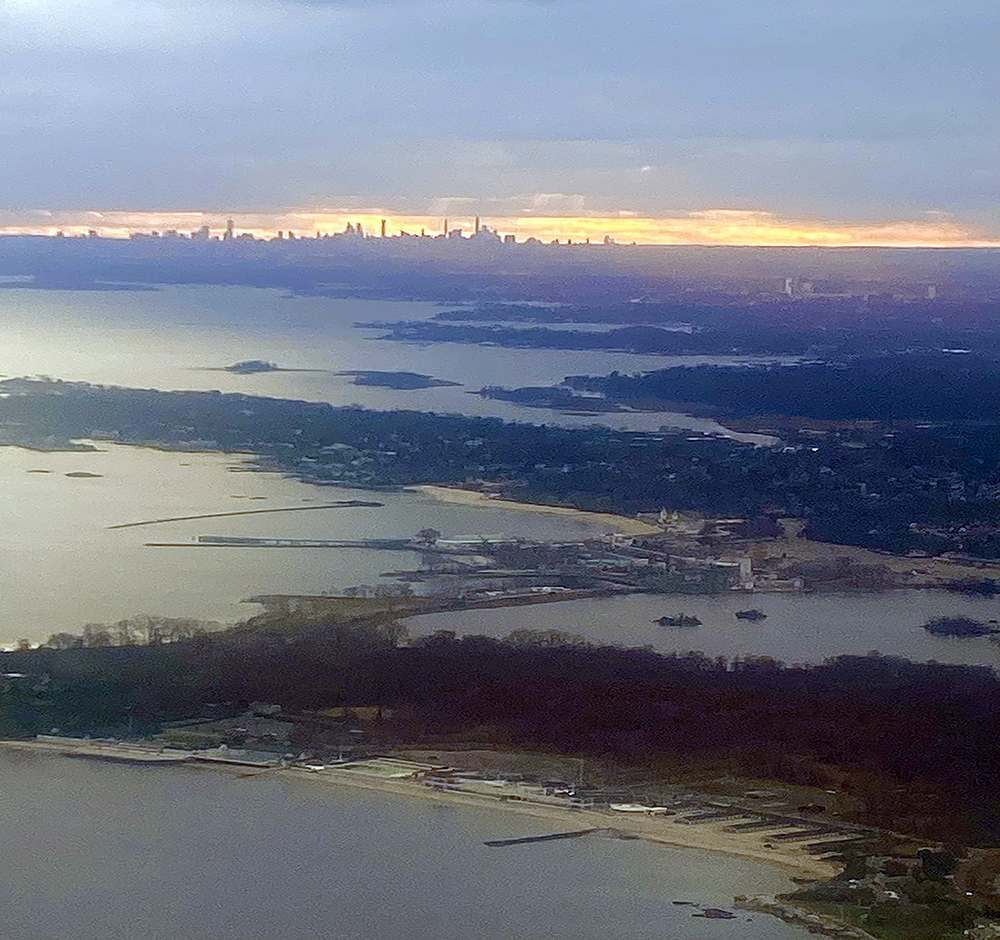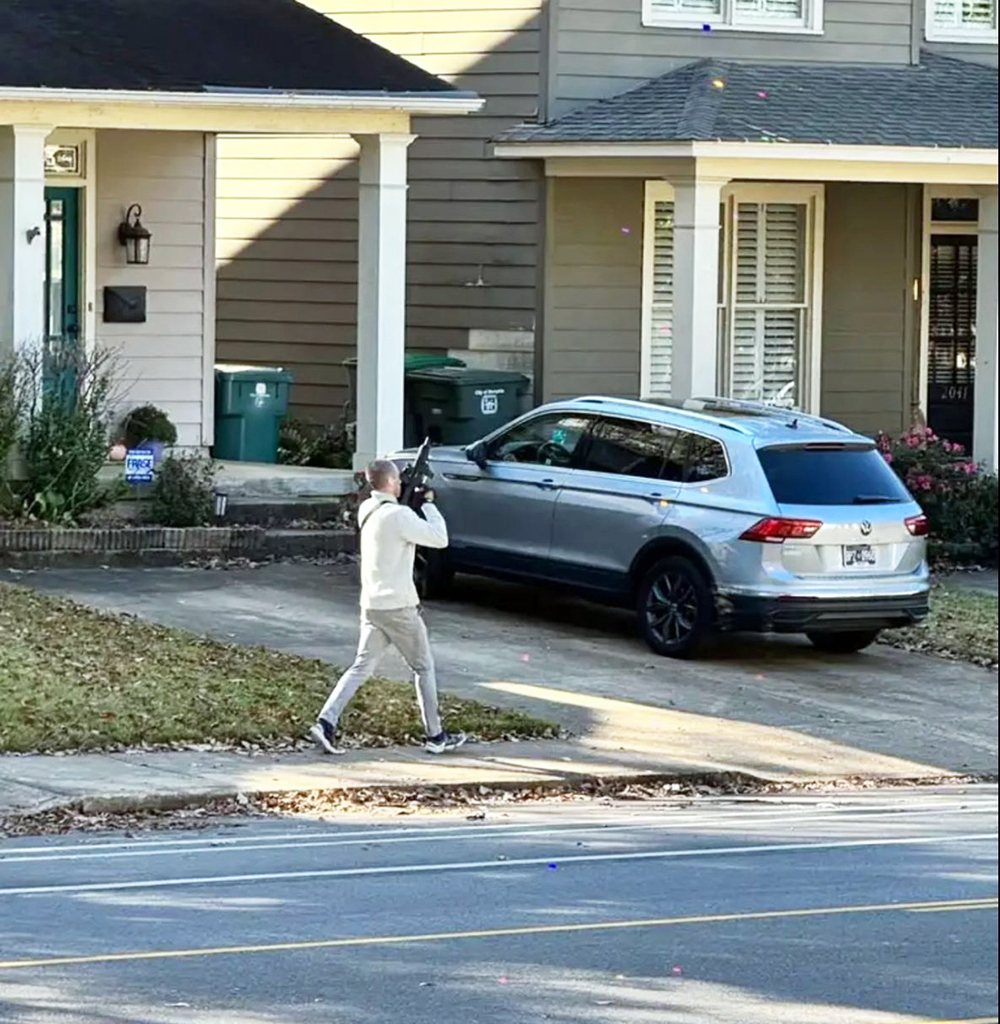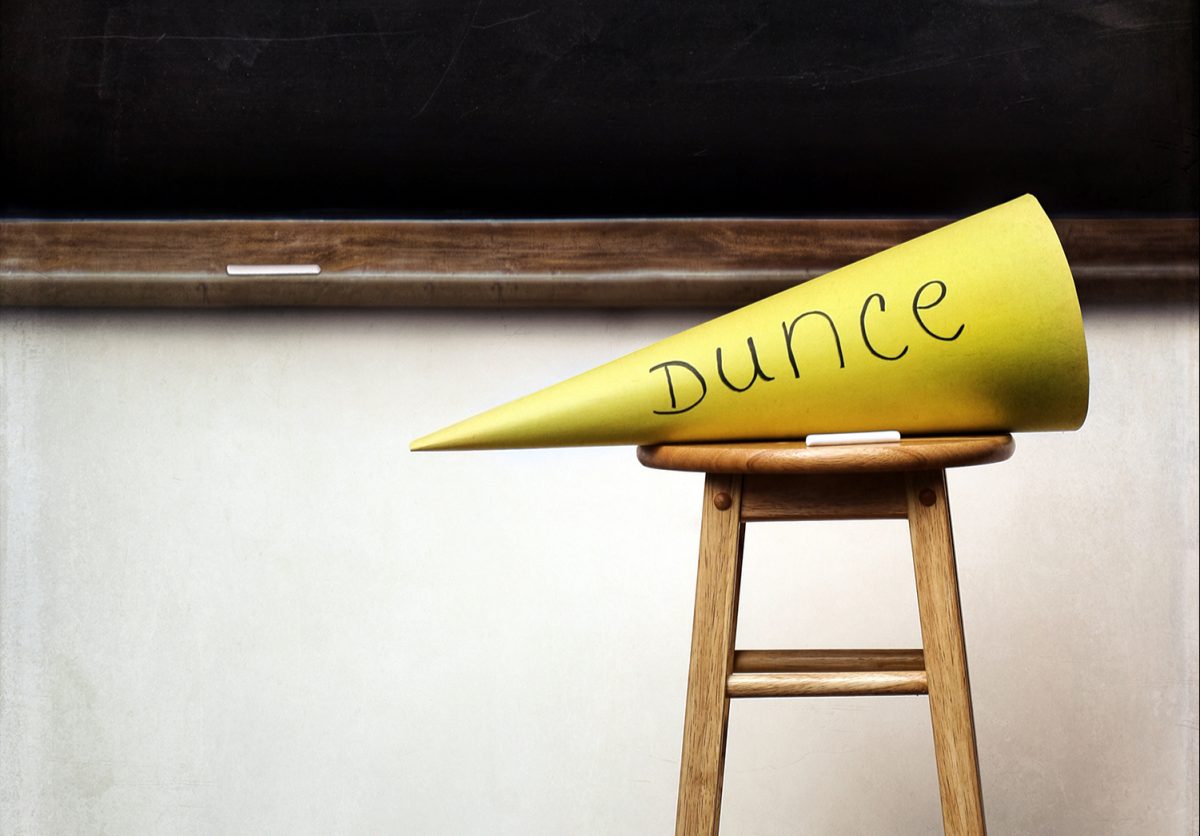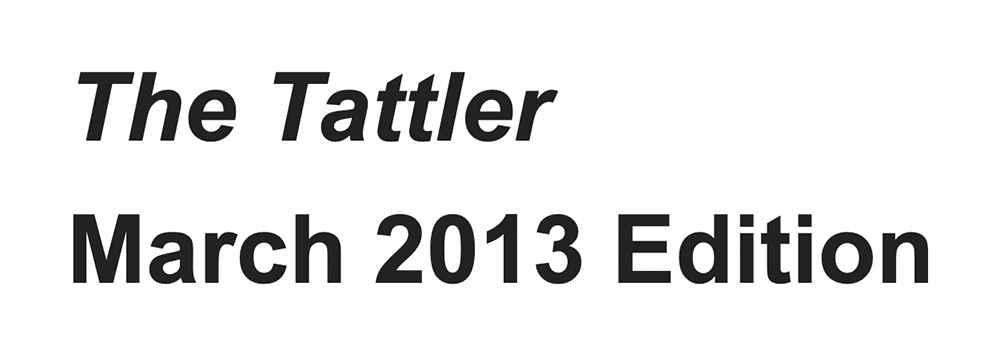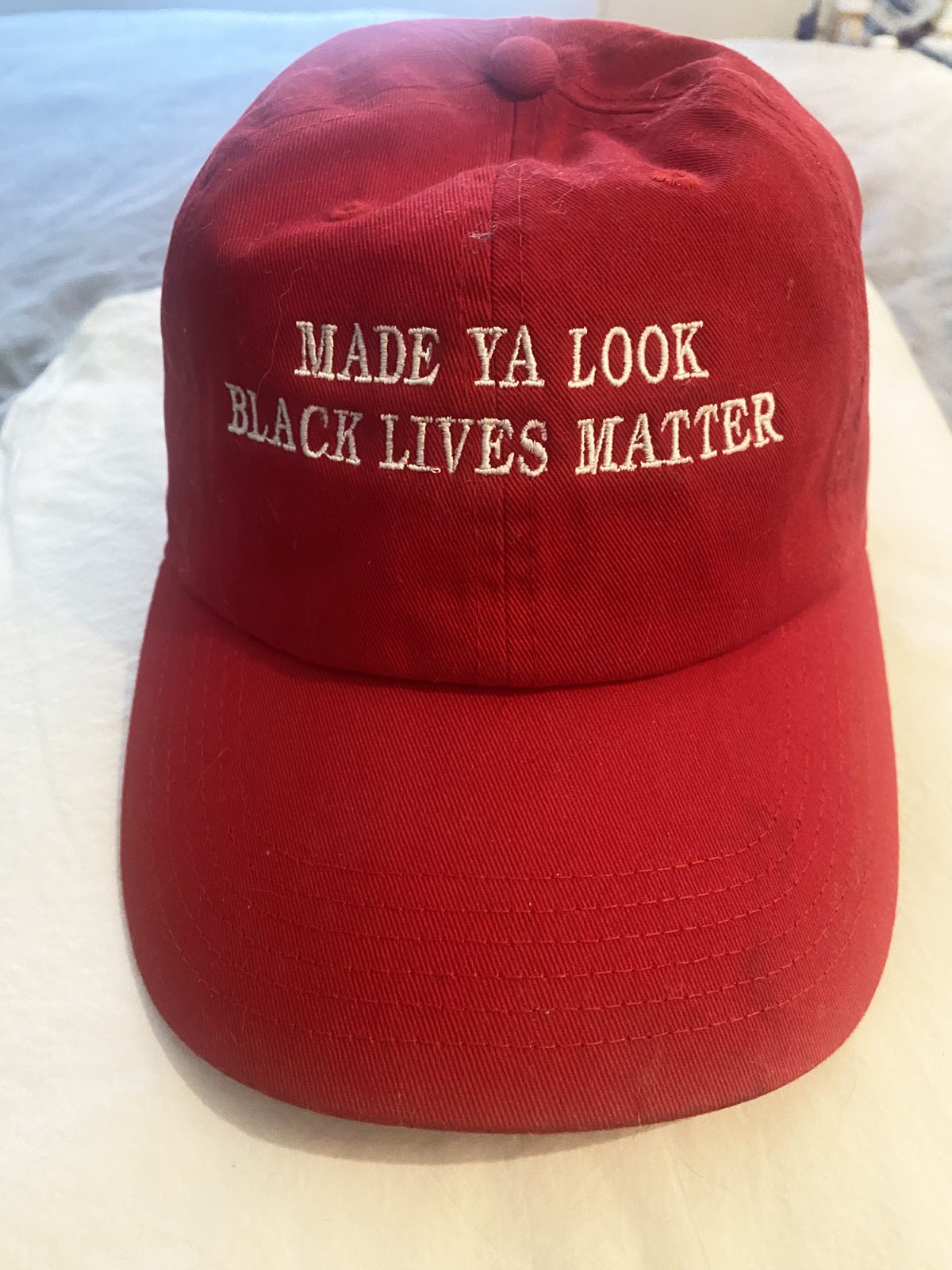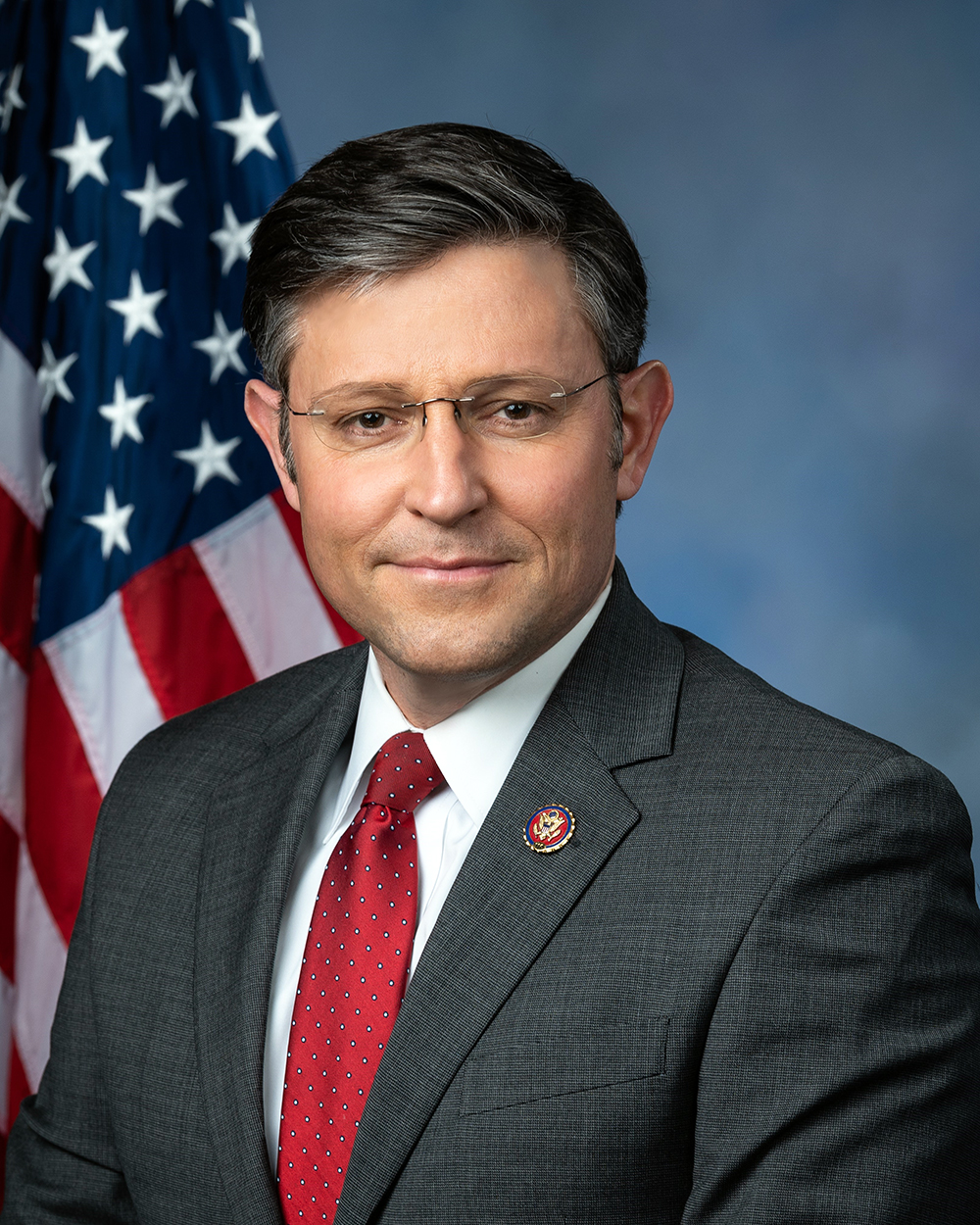Highway 64 runs straight as a Pentecostal preacher, aimed at the shadowy Ozark hills far across the flat belly of Arkansas. I hardly have to turn the steering wheel to stay in my lane. Cruise control is set on 65. It’s early morning and I can hear Olive softly snorting in her sleep on the passenger seat, legs restless and scritchy as she dreams of squirrels, just out of reach. Good dog.
Driving is a great time to think. I think about age a lot. I’m still learning how to be old. There’s all the usual stuff people talk about that happens to you: You walk into a room and forget why you were going there. You suddenly can’t remember the name of the drummer for Genesis or that ridiculously famous actor who starred in Pretty Woman. It drives you crazy and you refuse to google. Then you wake up to pee at 2:37 a.m. and it comes to you. Richard Gere, what a jerk. But he’s just another old guy now. Probably peeing somewhere in Bel Air.
You begin to notice how age is an invisibility cloak, unless maybe you’re Richard Gere. No one cares what clothes you wear or what kind of car you drive or how your hair looks. Store clerks and waitresses call you “sweetie,” like you’re 6. They offer to carry your wine out to the car at the liquor store. Punks.
It strikes you how blithely younger people assume the years ahead are guaranteed. My young neighbor says of her toddlers: “I can’t wait to see what they’ll be like as teenagers.” A TV analyst discusses possibilities for the 2028 presidential election — five years away — like it’s tomorrow. Yeah, well, you think, I might not be around for that stuff. It’s entirely unavoidable, and no one does it meaning to be cruel but, you know, age rings some new bells. You might think twice about getting a pet that could outlive you.
And lots of things have a potential to become a “lifetime supply” — a box of 100 plastic 30-gallon trash bags, a 24-roll package of jumbo paper towels. Shopping at Costco is for optimists, I say to my wife. She laughs. Or she used to. Even my jokes are old.
I have a friend in his early 80s. He’s bought three cool cars in the past 10 years, each on the excuse that it would be his “last car.” That’s the way to game the system. Also, shout-out to the admissions guy at the Children’s Museum last Saturday for questioning whether I was eligible for the senior discount. You rock.
When do we move from “late middle-age” to “early old”? When do we stop being surprised by our reflection in a store window? Is that wrinkly face really mine? I can’t tell you. It’s a surprise every time, so far.
One thing I do know is that how you may feel at 70 can be a lot different than how someone else may feel. The number of years we’ve lived is an odometer, not a watch. Some of us are Volvos, some of us are Kias. Your mileage may vary. As will your number of trips to the repair shop. The writer Penelope Lively wrote, “chronology bores me,” as well it should. Burn the days. They’ll spill into years soon enough.
People give you books: Better With Age: The Psychology of Successful Aging; The End of Old Age: Living a Longer, More Purposeful Life; Women Rowing North: Navigating Life’s Currents and Flourishing as We Age. They can’t hurt, I suppose, though reading the subtitles can eat up valuable days.
You can also get lots of books on how to stay healthy. Don’t buy them. They all say the same thing: Exercise, eat a balanced diet, stay mentally active, socialize often. Good advice. It also helps if you have longevity in your genes. Just ask my 99-year-old mother.
And I think driving with your dog to a trout stream in Arkansas is a great way to stay young. You wade in, you think and you don’t think, you’re in the mist, in the moment. Alive. And tonight, I’ll softly snort in my sleep, my legs restless and scritchy as I dream of trout, just out of reach. Good boy.
